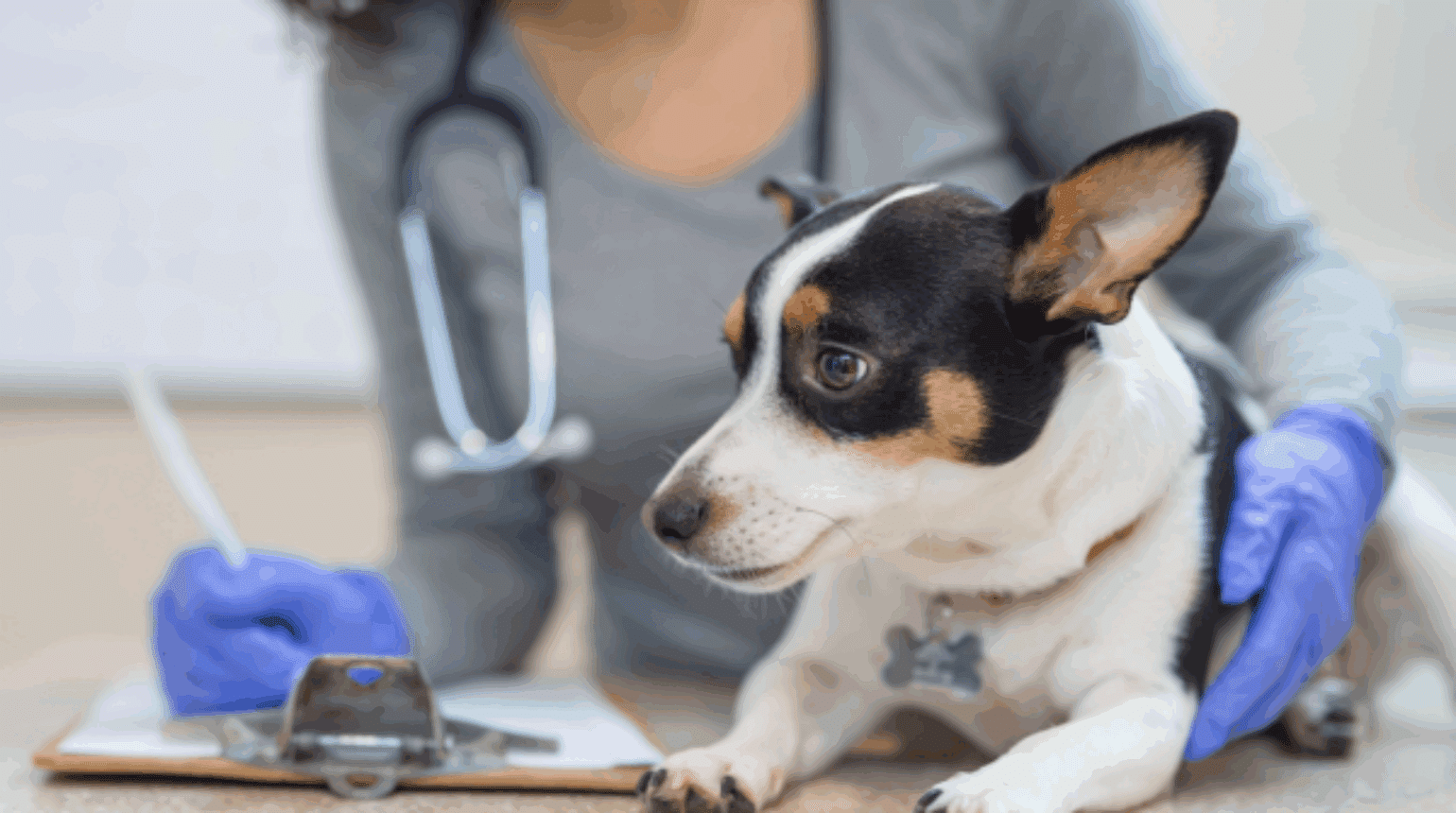Antibiotic Amnesty
By Dr Fergus Allerton BSc BVSc CertSAM Dip ECVIM-CA MRCVS
European Veterinary Specialist in Small Animal Internal Medicine
Introducing “The Antibiotic Amnesty” Podcast.
🎧 Are you ready to join the frontline in the battle against antibiotic resistance? 🌐
We are thrilled to present “The Antibiotic Amnesty”, an empowering podcast that delves into the pressing global issue of Antibiotic Resistance (AMR). Join us on an eye-opening journey where we uncover the dangers posed by AMR, and explore the solutions that can help us combat this silent but formidable foe.
Hosted by renowned experts in the field and featuring compelling interviews with leading researchers and healthcare professionals.
During this episode, Fergus and Lizzie Barnard (from Bova UK) discuss antibiotic amnesty and Fergus’ involvement in the PROTECT ME initiative. The challenges faced in the use and misuse of antibiotics shall be discussed, alongside inspiration to improve our individual antibiotic stewardship.
Whether you are a healthcare professional, or just curious to learn about the critical issue of AMR, this podcast is for you! Tune in to this podcast and become part of the movement to preserve the effectiveness of antibiotics and secure a healthier future for generations to come.
Antibiotic Amnesty
Host
Welcome to the Bova UK Podcast, where we discuss diseases from diagnosis through to management. These episodes are aimed at registered vets and veterinary nurses. If you’re listening as a pet owner, we always advise that if you have any concerns about your animal, please consult your local veterinary surgeon.
Today, I’m joined by Fergus Allerton to discuss the Antibiotic Amnesty. Antibiotic stewardship is one of Fergus’s many interests. Through his involvement with SAMSoc, he has been actively engaged in tackling antimicrobial resistance (AMR) and has played a key role in the PROTECT ME initiative, promoting rational antibiotic use in small animal practice.
More recently, Fergus has been editing the latest edition of the BSAVA Formulary—my go-to resource—so we’re thrilled to have him with us. Thank you, Fergus, for taking the time to join us.
Fergus
Thank you very much. Yes, I agree—it’s a topic that should inspire action. The Antibiotic Amnesty is a great opportunity to improve stewardship this year.
Host
In this podcast, we’ll stay focused on the Antibiotic Amnesty. We’ve discussed a range of related topics—including the PROTECT ME initiative and short antibiotic courses—but we’ll be covering those in more detail in upcoming webinars and podcasts for Antimicrobial Awareness Week in November. So today, let’s explore how the Antibiotic Amnesty can serve as a One Health tool to tackle AMR.
Fergus, could you start by explaining the One Health approach and how the Antibiotic Amnesty came about?
Fergus
The Antibiotic Amnesty was originally developed by NHS Midlands, spearheaded by pharmacy professionals who recognised a missing link in antibiotic stewardship. While we encourage responsible prescribing, many people still end up with leftover antibiotics for various reasons—maybe they recovered early, experienced side effects, or sadly passed away.
Work on the human side found that about 14% of people had leftover, full-strength antibiotics, many of which were then misused or improperly disposed of—often down toilets or into household waste. This exposes the environment to antibiotic residues, contributing to the development of resistant bacteria in our rivers and waste sites. These resistant bacteria can eventually return to impact human and animal health.
Host
So it all ties into One Health—where environmental, animal, and human health are interconnected?
Fergus
Exactly. For example, a study found that surfers had higher levels of multi-drug-resistant E. coli than non-surfers, likely due to exposure to contaminated water. While the volume of discarded antibiotics may be small, the potential for driving resistance is significant.
Host
That’s quite a startling thought. Coming back to pet owners—how common is it for them to have leftover antibiotics, and how can we start addressing that?
Fergus
Great question. Our survey from last year’s Amnesty, although with small sample sizes, found that 24% of pet owners had leftover antibiotics, and 38% had at some point in the past. That’s even higher than in human medicine.
The important message is: don’t keep or reuse them, don’t share them, and don’t dispose of them down the sink or in the bin. Reuse can delay diagnosis, cause adverse reactions, or lead to ineffective treatment. We even had a former health secretary admit she shared antibiotics with friends, which is exactly the behaviour we’re trying to discourage.
Host
Absolutely. Pet owners do have the best intentions, but the risks aren’t always visible—unlike seeing rubbish on a beach. It’s hard for them to grasp the environmental and health impact of antibiotic residues.
Fergus
Right. But awareness is growing. Campaigns like Keep Antibiotics Working are showing up in mainstream media. And if we don’t act, AMR could lead to 10 million deaths annually by 2050—more than the annual population of Sweden.
COVID caught us off guard, but AMR is something we’re actively contributing to—and we need to act before it’s too late. There are no new antibiotics on the horizon. If we want safe surgeries, chemotherapy, or even simple treatments, we need to protect the antibiotics we have.
Host
And the amnesty helps start that conversation?
Fergus
Exactly. Asking clients if they have leftover antibiotics opens the door to talk about appropriate use and environmental safety. Vets don’t reuse returned products—they’re incinerated, safely and responsibly, which is a cost to the practice. It’s about doing the right thing.
Host
So how does the disposal process work in practice?
Fergus
Since June 2023, all GP-level RCVS-accredited practices are required to take an active role in recovering leftover pharmaceuticals—not just antibiotics. Practices have proper containers and collection pathways to ensure safe disposal. This isn’t about profit; it’s about stewardship.
Host
How did the 2022 Amnesty go?
Fergus
We were proud of the outcome. It started with the NHS Midlands pilot in 2021 and expanded to the veterinary sector in 2022. Over 150 practices got involved, with support from the VMD, RCVS, BSAVA, BVA, BEVA, veterinary corporates, and independent vets.
We recovered over 750 tablets, partial boxes, ear drops, injections—including some critically important antibiotics like fluoroquinolones. But more importantly, we raised awareness. People started having conversations, became more conscious, and committed to returning unused antibiotics.
Host
So what’s the plan for the 2023 amnesty?
Fergus
It’s already underway! Practices can sign up on the RUMA Companion Animal & Equine website or via RCVS Knowledge. There are posters, guidance materials, and videos to share with clients. We encourage practices to set up a collection container and train all staff—vets, nurses, and client care teams—to spread the word.
The amnesty runs throughout November to align with World AMR Awareness Week. Other initiatives like Go Blue for AMR will be happening too—last year, even Blackpool Tower lit up blue!
Host
And there’s a survey and prizes?
Fergus
Yes! At the end of the month, practices can report on how many antibiotics were returned and what conversations they had. That helps us understand what’s being left behind and how we can improve. There are prizes for completing the survey—everything from BSAVA manuals to Congress tickets. But most importantly, it helps us build momentum for 2024.
Host
That’s brilliant. I’ll include all the links in this podcast episode and future communications. It’s such an easy way for practices to get involved and make a difference. Fergus, thank you so much for your time—and we look forward to hearing more about the PROTECT ME poster and short course studies later this year.
Fergus
Thank you—and yes, please do get involved in the 2023 Antibiotic Amnesty. The more practices we have on board, the greater the impact.
Host
And as always, these podcasts are intended for registered vets and veterinary nurses. If you’re listening as a pet owner, please consult your local veterinary surgeon if you have any concerns.
Links:




